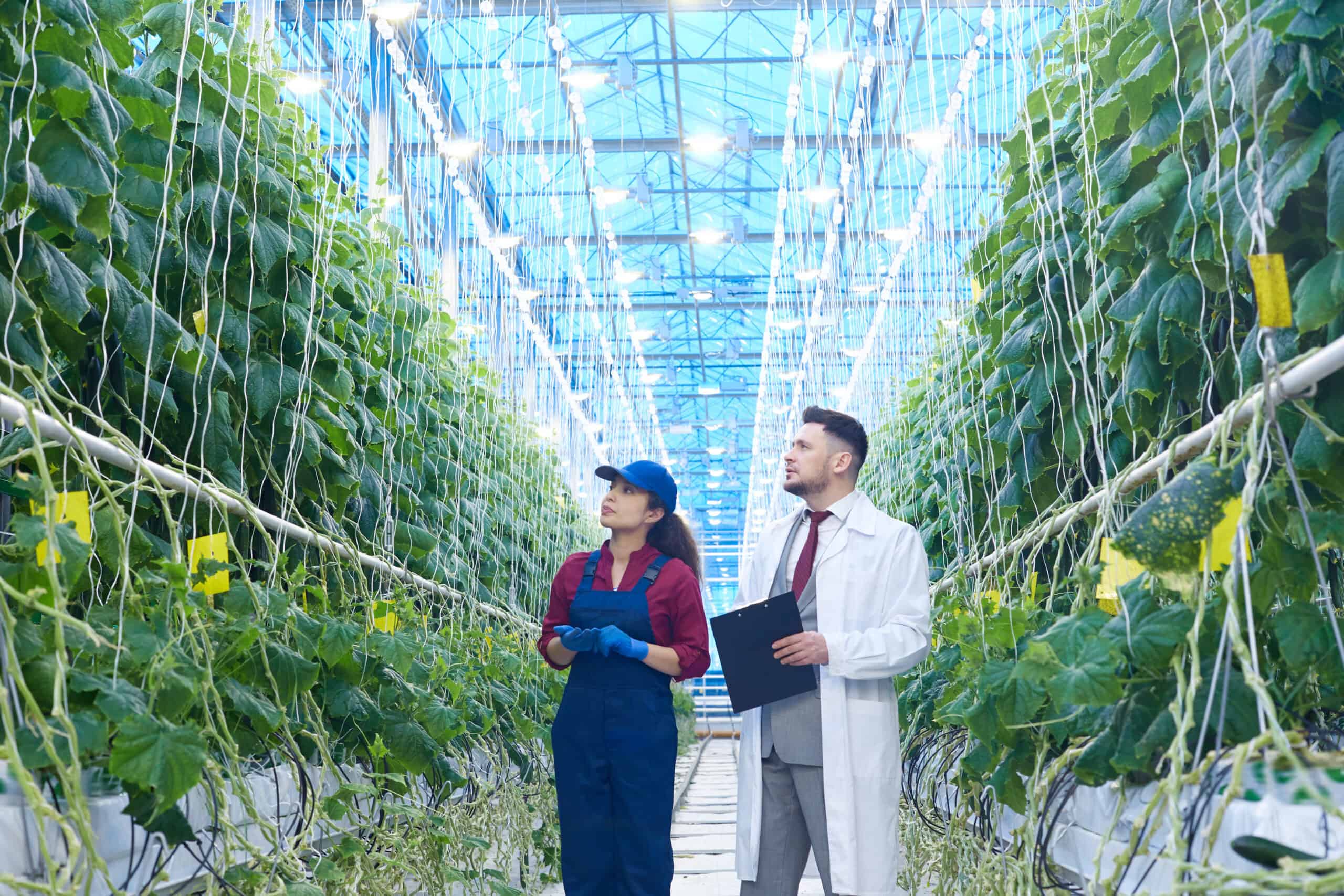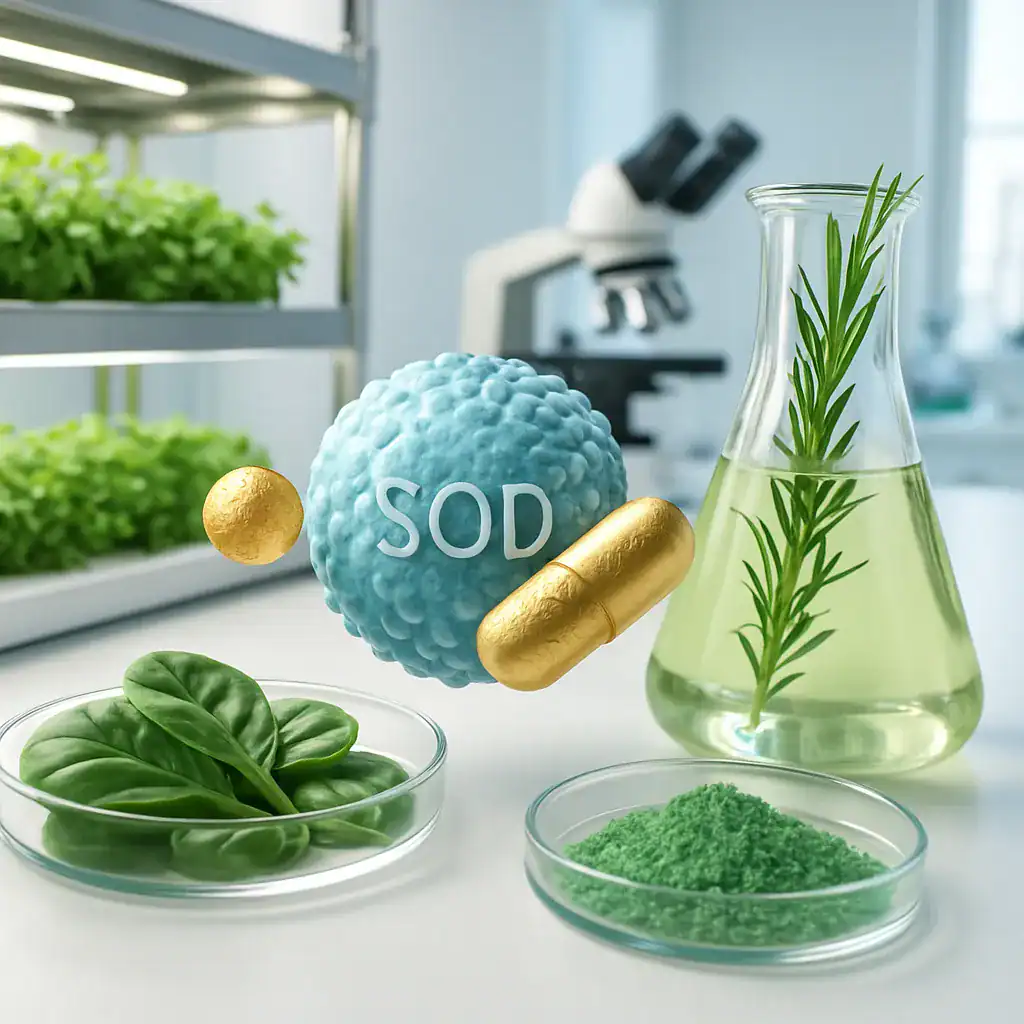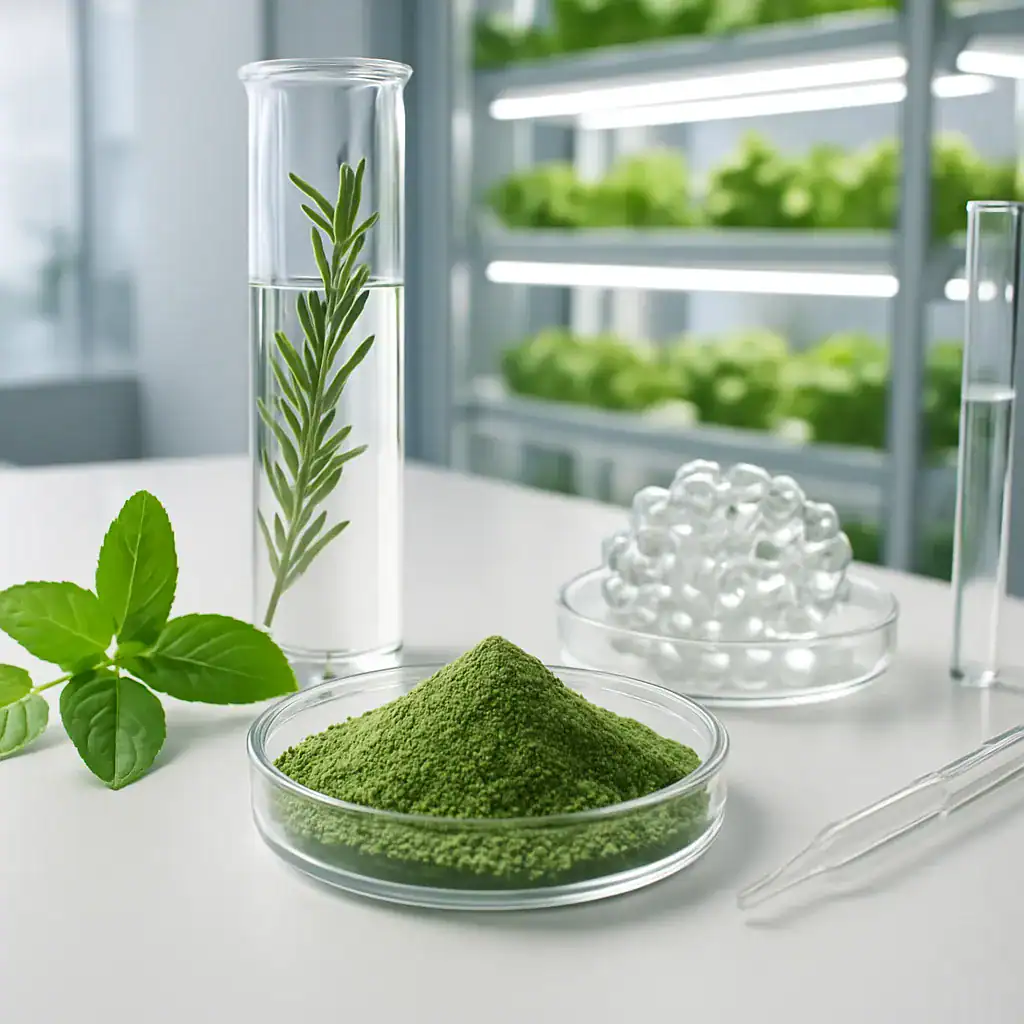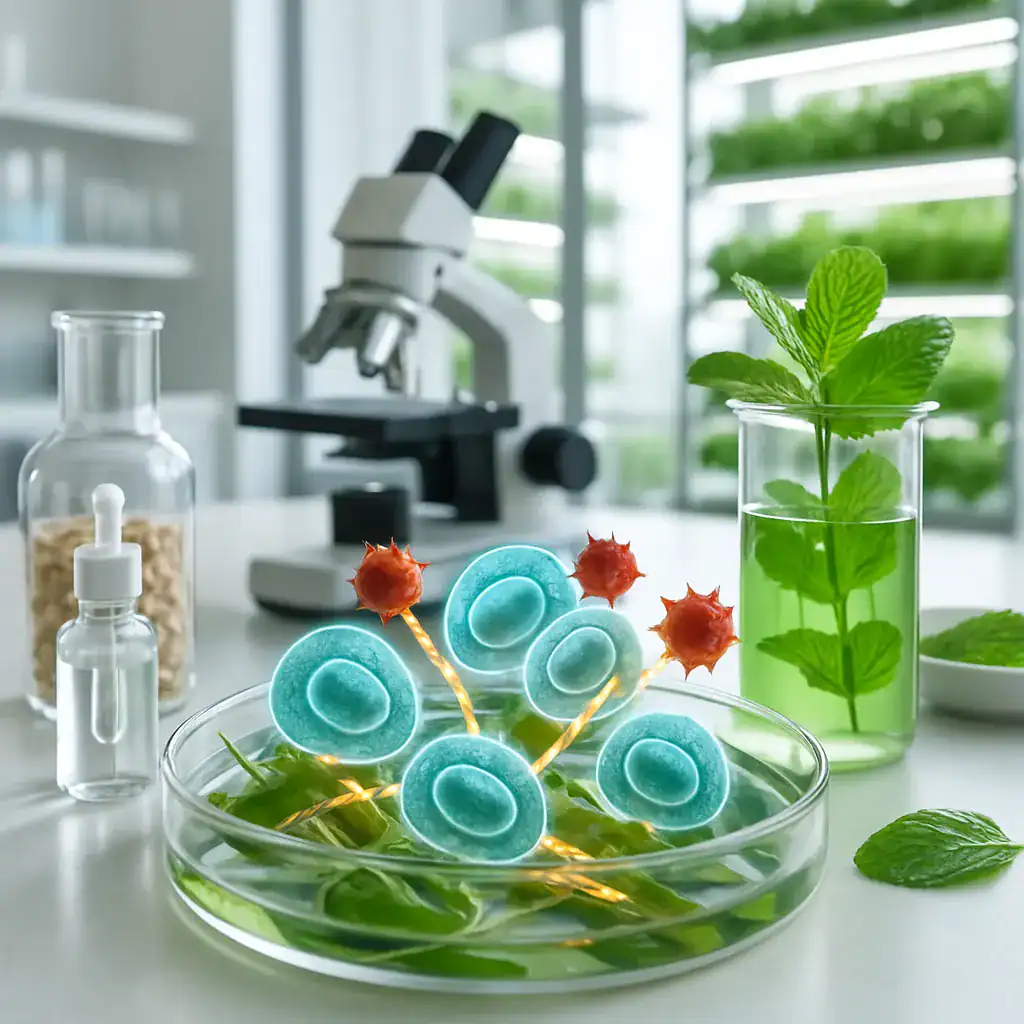Nickel-Free Herbal Supplements: Meeting the Demand for Hypoallergenic Products
The Foundation of Sustainable Farming in Modern Agriculture
Have you ever considered how the food on your plate connects to larger environmental systems? Sustainable agriculture practices represent a fundamental shift in how we approach food production—moving from resource-depleting methods toward regenerative approaches that work in harmony with natural ecosystems.
Sustainable agriculture encompasses farming techniques that protect the environment, expand the earth’s natural resource base, and maintain soil fertility while producing safe, healthy food. But it’s more than just environmental stewardship; it’s about creating economically viable operations and enhancing quality of life for farmers and society as a whole.
You might be surprised to learn that sustainable farming isn’t new—many of these practices have ancient roots in indigenous farming systems. What’s changed is our scientific understanding of why these methods work and how they can be optimized using modern technology and research.
As a nutritionist or dietitian, you’ve likely encountered clients asking about organic foods or regenerative agriculture. That’s understandable—people are increasingly concerned about not just what they eat but how their food choices impact the planet. The benefits extend beyond environmental preservation to include enhanced nutritional profiles in sustainably grown foods, particularly regarding phytonutrient content and bioactive compounds.
But have you ever considered that sustainable agriculture also serves as nature’s laboratory for discovering new bioactive compounds with potential health applications? That’s where companies like PhNóva are bridging the gap between agricultural innovation and nutraceutical development.
Innovative Sustainable Practices Transforming Modern Farming
Vertical Farming: Revolutionizing Plant Cultivation
Vertical farming represents one of the most exciting frontiers in sustainable agriculture. Unlike conventional farming that spreads horizontally across vast tracts of land, vertical farming builds upward, creating stacked growing environments that maximize space while minimizing resource use.
You’ve probably heard about vertical farms in urban settings, but did you know that these systems can reduce water usage by up to 95% compared to traditional farming? That’s because vertical farming employs closed-loop water systems that recirculate moisture rather than losing it to evaporation or runoff.
PhNóva’s Vertical Farming Botanics division exemplifies how this agricultural innovation can be harnessed for nutraceutical development. By controlling every aspect of the growing environment—from light wavelengths to nutrient delivery—vertical farming can optimize plants’ production of beneficial compounds like antioxidants, flavonoids, and other bioactive substances that support human health.
For your clients concerned about pesticide exposure, vertical farming offers another advantage: these controlled environments typically require no pesticides, resulting in cleaner, more pristine botanical ingredients for supplements and functional foods.
Biological Control Methods and Integrated Pest Management
That’s clear, but have you ever considered how sustainable farms manage pests without resorting to synthetic chemicals? Integrated Pest Management (IPM) represents a sophisticated ecological approach that uses natural predators, pest-resistant crop varieties, and careful monitoring to minimize crop damage while reducing reliance on pesticides.
For instance, introducing beneficial insects like ladybugs to control aphid populations creates a balanced ecosystem where natural checks and balances replace chemical interventions. These biological control methods preserve soil health and protect beneficial microorganisms that contribute to plant nutrition and resilience.
The implications for nutraceutical quality are significant—plants grown under IPM systems often develop stronger natural defense compounds, many of which translate to enhanced health benefits when consumed by humans. These compounds include Superoxide Dismutase (SOD), a powerful enzyme that PhNóva harvests from sustainably grown plants for its ability to neutralize oxidative stress and inflammation.
Soil Health Management: The Living Foundation of Sustainable Agriculture
Beyond NPK: Nurturing the Soil Microbiome
When you think about soil fertility, you might picture the classic NPK (nitrogen, phosphorus, potassium) formula found on fertilizer bags. But sustainable agriculture recognizes that truly healthy soil is a complex living ecosystem teeming with billions of microorganisms that support plant health in ways synthetic fertilizers cannot replicate.
You’ve likely advised clients about the importance of a diverse gut microbiome for human health. Similarly, diverse soil microbiomes create resilient growing environments that enhance plant nutrition. Sustainable practices like cover cropping, crop rotation, and minimal tillage all support this underground ecosystem.
PhNóva’s research into plant-derived exosomes illustrates the fascinating connection between soil health and nutraceutical innovation. These natural nanocarriers, which plants use for internal communication and defense, can be harvested and utilized to enhance the bioavailability of bioactive compounds in supplements.
But have you ever considered that the health benefits of sustainably grown plants begin in the soil? When plants grow in biologically active soil, they develop complex phytochemical profiles and defense mechanisms that translate to enhanced nutritional value and bioactive properties in our food and supplements.
Sustainable agriculture isn’t just about growing food differently—it’s about reimagining our relationship with natural systems to create abundance while regenerating resources. As consumers increasingly seek products aligned with both health and environmental values, the bridge between sustainable farming practices and advanced nutraceutical development continues to strengthen, promising innovations that benefit human health while respecting planetary boundaries.
Our Key Areas of Expertise




The Interconnected Web: Sustainable Agriculture’s Role in Health-Focused Product Development
From Farm to Formulation: Building Better Nutraceuticals Through Sustainable Practices
When you consider the journey of health-promoting compounds from field to finished product, sustainable agriculture emerges as the critical foundation. The quality of agricultural inputs directly determines the efficacy of downstream products, creating a chain reaction that ultimately affects health outcomes for consumers.
Vertical farming systems exemplify this interconnection perfectly. By controlling environmental variables with precision, these systems can enhance the production of specific bioactive compounds in plants. For instance, manipulating light spectrums can increase anthocyanin production in purple vegetables or boost vitamin content in leafy greens. These optimized botanicals then become superior starting materials for nutraceutical formulations that target specific health concerns.
You might wonder how agricultural methods affect the final product quality. The answer lies in the plant’s response to its growing environment. Plants grown under sustainable conditions develop more robust defense mechanisms and produce higher concentrations of protective compounds—many of which offer significant health benefits when properly extracted and delivered to the human body.
Soil-to-Supplement Pipeline: How Regenerative Practices Enhance Bioactive Profiles
The relationship between soil health and bioactive compound production represents one of the most fascinating aspects of sustainable agriculture’s impact on health products. Plants grown in biologically diverse soils access a wider spectrum of micronutrients, resulting in more complex and beneficial phytochemical profiles.
Consider these connections between soil management practices and nutraceutical quality:
| Sustainable Practice | Impact on Plants | Benefit to Nutraceutical Production |
|---|---|---|
| Cover cropping | Increases soil organic matter and microbial diversity | Enhanced secondary metabolite production in subsequent crops |
| No-till farming | Preserves soil structure and fungal networks | Improved mineral uptake leading to higher micronutrient content |
| Compost application | Provides slow-release nutrients and beneficial microbes | More balanced phytochemical development without “forced” growth |
| Polyculture systems | Creates beneficial plant interactions | Stress-induced production of protective compounds with health benefits |
PhNóva’s Vertical Farming Botanics division leverages these principles by mimicking optimal soil conditions while eliminating environmental stressors that might compromise plant quality. This allows for consistent production of high-potency botanicals specifically cultivated for their bioactive compounds.
Extraction Innovation: Sustainable Processing Methods for Maximum Efficacy
The bridge between agricultural practices and finished health products extends beyond cultivation to include processing methods. Traditional extraction techniques often use chemical solvents that can leave residues and damage delicate bioactive compounds. In contrast, green extraction methods align with sustainable principles by minimizing environmental impact while preserving the integrity of plant compounds.
You can see this approach in PhNóva’s commitment to natural extraction processes that maintain the bioavailability of compounds like Superoxide Dismutase (SOD). This powerful antioxidant enzyme is particularly sensitive to processing conditions, making gentle, sustainable extraction methods essential for preserving its activity.
Modern extraction innovations include:
• Supercritical CO₂ extraction that eliminates toxic solvent use • Enzyme-assisted extraction that enhances yield while reducing energy requirements • Ultrasound-assisted techniques that minimize processing time and preserve heat-sensitive compounds • Water-based extraction methods that eliminate organic solvent waste
These approaches not only reduce environmental impact but often result in superior extracts with higher concentrations of target compounds and fewer unwanted residues—a win-win for product efficacy and sustainability.
Nanodelivery Systems: The Cutting Edge of Bioavailability
The journey from sustainable farm to effective health product culminates in delivery systems that ensure bioactive compounds reach their intended targets in the body. This is where PhNóva’s work with plant-derived exosomes represents a revolutionary advancement.
Exosomes are natural nanocarriers that plants use for intercellular communication and defense. When harvested from sustainably grown plants, these vesicles can be repurposed to enhance the absorption and targeted delivery of nutraceutical compounds. This approach addresses one of the greatest challenges in nutraceutical development: ensuring that beneficial compounds survive digestion and reach their intended sites of action.
The advantages of these plant-derived delivery systems include:
• Enhanced stability of sensitive bioactive compounds • Improved cellular uptake of nutrients • Targeted delivery to specific tissues • Prolonged circulation time for sustained benefits • Reduced dosage requirements due to improved bioavailability
These nanodelivery systems demonstrate how sustainable agricultural principles can influence every stage of product development, from initial cultivation to final formulation.
Consumer Experience: Taste Technology and Compliance
Even the most potent and sustainably produced supplement will fail if consumers find it unpalatable. PhNóva’s Aroma Neutra & Food division addresses this challenge by developing natural taste-masking agents derived from sustainable botanical sources.
You might not realize that many strong-tasting beneficial compounds like polyphenols, certain amino acids, and plant alkaloids present significant formulation challenges due to bitterness or astringency. By utilizing plant-derived compounds to neutralize these taste challenges without synthetic additives, manufacturers can create more acceptable products while maintaining their commitment to sustainability.
This represents the final link in the chain connecting sustainable agriculture to effective health products: ensuring that consumers not only benefit from these innovations but enjoy using them enough to maintain consistent use for optimal results.
The interdependence between agricultural practices and downstream product development creates a compelling case for vertical integration in the nutraceutical industry. When companies like PhNóva control or influence every stage from cultivation to formulation, they can ensure that sustainability principles are applied consistently, resulting in products that truly deliver on their promise of supporting both human and environmental health.
R&D Consultancy
Discover how PhNóva’s R&D Consultancy can help transform your idea into a market-ready solution — with expert support in formulation, regulatory compliance, and innovative delivery systems to give your product a competitive edge.
FAQ's about Nickel-Free Herbal Supplements: Meeting the Demand for Hypoallergenic Products
Get in Touch with PhNóva
Have questions or need expert guidance? Contact us today — our team is ready to assist you with tailored solutions for your formulations.

28/03/2025






